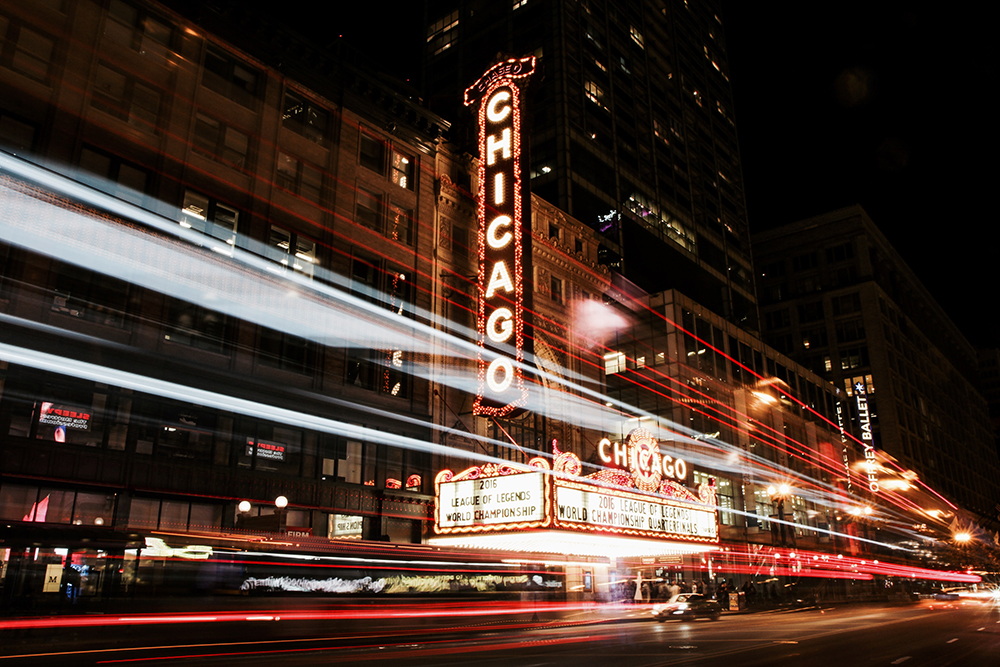Coronavirus Australia: Scott Morrison warns COVID-19 cases will increase when schools re-open
Scott Morrison has warned parents that undoubtedly you will get cases of COVID-19 in schools as they re-open but insisted its time to get parents back to work.The Prime Minister issued the grim prediction at a press conference today where he outlined the massive economic impact of keeping schools closed.
But when the cases do emerge, he urged schools to close for cleaning and contact tracing and then reopen as soon as possible.
While children attending schools were regarded as low risk by medical experts, Mr Morrison stressed that did not mean it was COVID risk-free.
“So our expectation is that yes, I suspect undoubtedly you will get cases, of course that will happen, we aren’t pursuing an eradication strategy,” he said.
“But those cases can be managed and those cases can be contained in a strong health system and that’s our focus.”
Mr Morrison was asked if he could predict how many people would get sick if schools reopened across Australia.
“Rather than focusing on how many more cases there would be, what we are focused on is making sure we have the capacity to deal with the cases,” he replied.
“That’s an approach that is being mirrored by many other countries, I think Germany is a good example of, that and they provide a good guide as we do to them on those types of issues.”
RELATED: Follow the latest coronavirus updates
RELATED: New curve we need to flatten
Schools are open for classroom teaching in WA, the Northern Territory and SA with a majority of students now attending. In NSW and Queensland plans are underway for a phased return this term.
They remain closed for most students in Victoria and the ACT with no firm timetable on when they will reopen.
But Mr Morrison said the impact of keeping schools closed on the economy and particularly on women was huge.
“The estimate of Treasury based on the second round impacts of schools being reduced in the way they have in a six-month period is around 300,000 on jobs,” he said.
“One of the issues that were flagged early on in this debate was, in particular, the impact on the health workforce and the first responder workforce and those employment sectors.
RELATED: Australia’s two options out of lockdown
“Women are some of the most affected by that with school closures and even if they are trying to work from home while at the same time looking after kids, it is not an easy job, whether you are a mum or dad doesn’t matter either,” he said.
“It does impact on the productivity. Kids going back to school lifts productivity, helps people get back to work and helps the economy get back on its feet.”
The Prime Minister said the COVIDSafe app would also play a role in tracking cases but when COVID cases emerged schools need to close for cleaning and contact tracing before reopening as soon as possible.
“But the third area is really important, you have seen this with a number of these schools and the one in Melbourne most recently. Where it does happen you have to move very quickly, lock it down, scrub it down, and then reopen it as quickly,” he said.
“That is true for a school but as Nev and Christian were saying that is what you have to do at a manufacturing plant, that is what you have to do in a shop, that is what you have to do at any number of other workplaces so having the processes to move on that really quickly is important.”
RELATED: When will lockdowns end in my state?
Earlier, Treasurer Josh Frydenberg said shutting down schools and child care centres for three months would have cost the economy $34 billion.
That figure was based on one million adults needing to drop out of the workforce to look after their children at home.
“We must get people back into jobs, and we must get people back at work,” he said.
“For every extra week that the current restrictions remain in place, Treasury estimates that close to $4 billion will be reduced in economic activity, from a combination of reduced workforce participation, reduced productivity, and reduced consumption.”
Mr Frydenberg also hinted at bigger corporate tax cuts to kickstart the economy, noting Australia’s business tax rate is the second-highest in the OECD.
“Tax rates, like flexible workplaces, like infrastructure, like deregulation, they are all key factors that businesses consider when they establish their businesses around the world, but also when they decide to hire more people,” he said.

